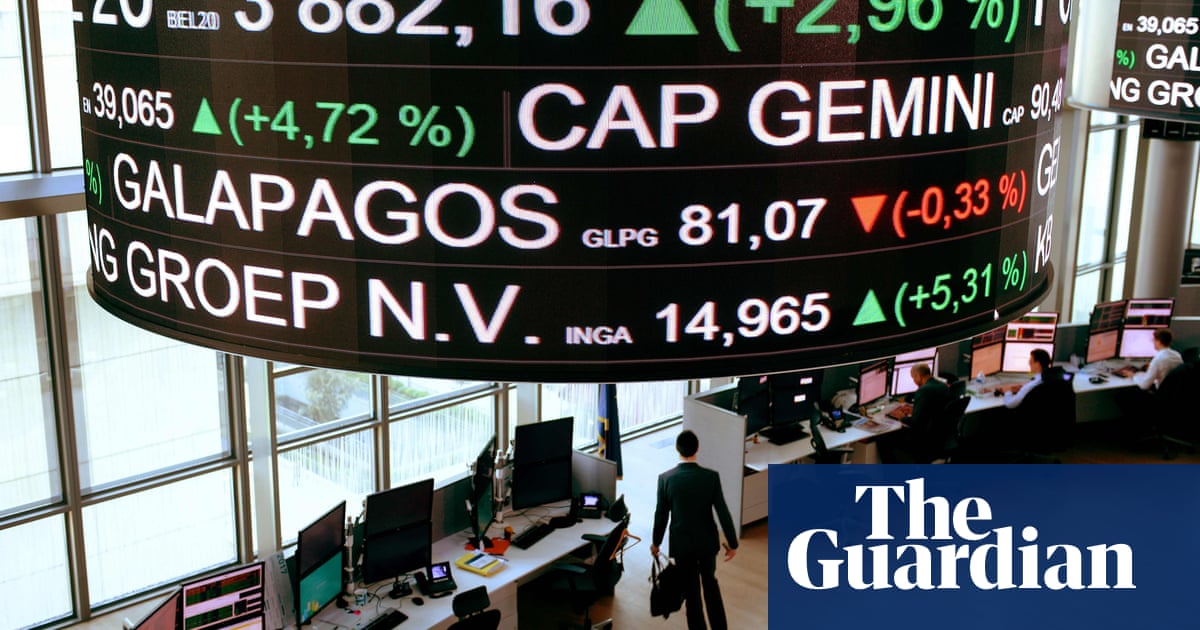The London Stock Exchange (LSE) has reclaimed its position as Europe’s largest stock market. For the first time in nearly two years, the total value of companies listed on the LSE surpassed that of the Paris Stock Exchange. This is by a valuation of $3.18 trillion for London against $3.13 trillion for Paris.

Also Read: The Most and Least Affordable Cities in 2024
The LSE had maintained its status as Europe’s largest stock market for many years before being overtaken by Paris in November 2022.
This decline was attributed to several factors including the aftermath of the Brexit vote, economic uncertainties and specific policy decisions such as the mini-budget introduced by former Prime Minister Liz Truss.
In 2016, the LSE was valued approximately $1.4 trillion more than its Parisian counterpart, a huge lead that diminished over subsequent years due to various economic and political challenges.
As of the latest data, the LSE has achieved a valuation of $3.18 trillion, narrowly surpassing the Paris market’s $3.13 trillion.
The French market has been affected by political instability particularly the announcement of a snap election by President Emmanuel Macron.
The election triggered by a victory for Marine Le Pen’s National Rally in the European elections, has introduced uncertainty.
The prospect of the National Rally’s policies, perceived as fiscally irresponsible, has dampened investor confidence. The uncertainty surrounding the election and policy changes has contributed to a decrease in the valuation of French stocks.
The UK has managed to project a more stable political environment. The Labour Party, leading in the polls, has been in reassuring investors of its business-friendly policies.
The Conservative Party, under Prime Minister Rishi Sunak has also addressed the economic stability and growth.
One of the factors contributing to the LSE’s resurgence is the clarity on interest rates. British companies have benefited from expectations that interest rates will decrease, allowing for cheaper borrowing and a more favorable business environment.
The French market has been struggling with uncertainties that have affected bond yields and investor sentiment.
The LSE has a portfolio of internationally oriented stocks that have benefited from global economic recovery trends.
Sectors such as energy, finance and consumer goods have shown growth potential. The FTSE 100 index, which includes major export-dependent companies like Shell and Rolls-Royce, has reached record highs, outperforming the Euro Stoxx 50 index over the past three months.
Also Read: IEA Warns of 8 Million Barrel Per Day Oil Surplus by 2030
The immediate consequence of the political uncertainty was a fall in the value of French stocks. The market capitalisation of firms listed on Euronext Paris decreased by approximately $258 billion, bringing the total to around $3.13 trillion.
Polls indicated a potential rise in influence for the far-right National Rally (RN), led by Marine Le Pen and Jordan Bardella.
The prospect of RN becoming the largest party in the National Assembly raised concerns among investors about future political stability in France.
Analysts, including those from UBS, highlighted the high probability of a fragmented government emerging from the elections.
Such an outcome would likely lead to political instability affecting investor confidence and market stability in France.
The political turmoil impacted major French companies. Banks like Societe Generale SA, BNP Paribas SA, and Credit Agricole SA experienced declines of more than 10% each.
The luxury goods sector, a major pillar of the French stock market also suffered with LVMH seeing its shares drop by 9% in the past month.
The uncertainty extended to the bond markets, where the spread between French and German borrowing costs widened to the highest level in seven years.
London’s stock markets have seen a resurgence. A series of successful initial public offerings (IPOs) and positive investor sentiment have driven this rebound.
The IPO of budget computer maker Raspberry Pi has been a success, with the company’s shares performing exceptionally well.
The UK government and the Labour Party have announced plans to reform London’s public markets to attract more listings and encourage pension funds to invest more in UK companies.
London’s stock exchange is rich in oil and mining companies, which have been relatively resilient in the face of economic volatility.
In addition, a more favourable outlook for UK tech companies has attracted investor interest, with surveys indicating that a majority of British tech firms prefer listing in London over overseas markets.
Also Read: Nvidia Surpasses $3 Trillion Market Cap, Overtakes Apple as Second Largest US Company
























